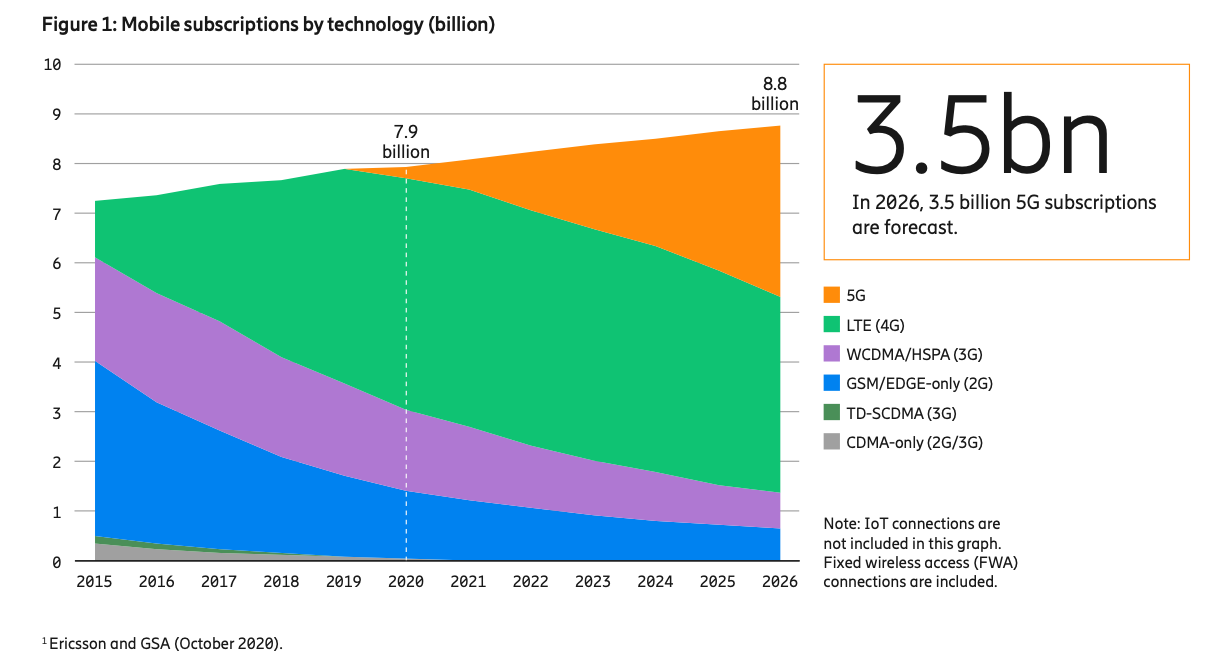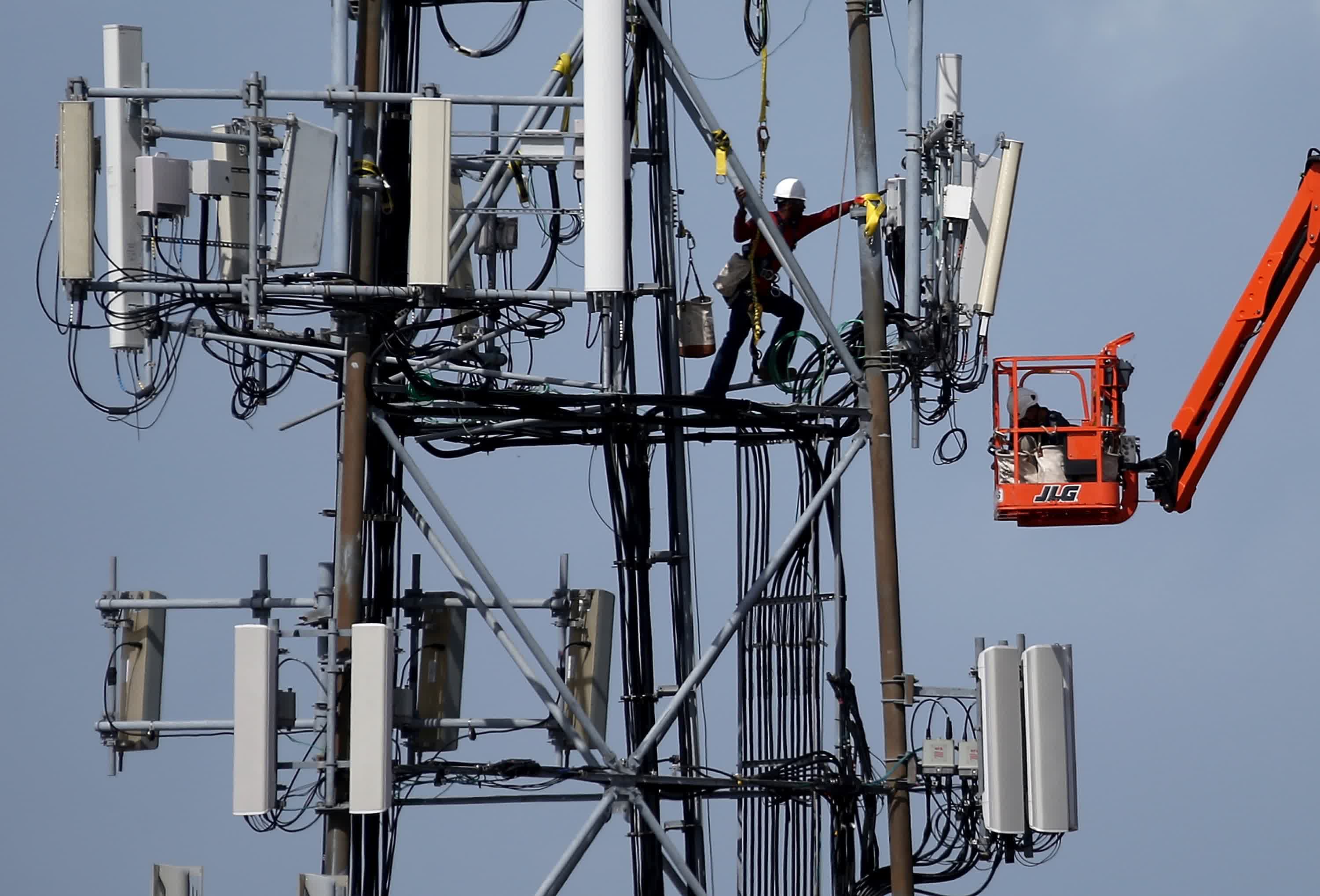In brief: While most analysts were expecting 5G rollouts to be rather slow considering normal adoption and pandemic-related delays, Ericsson believes 60 percent of the world population will have access to the latest connectivity standard by the end of 2026.
In its latest Mobility Report released this week, telecommunications giant Ericsson estimates there will be around 220 million 5G subscriptions by the end of 2020, and 5G deployments are expected to cover around 1 billion people worldwide within the same timeframe.
This is up from previous estimates of 190 million subscribers, fueled by strong sales of 5G-capable handsets, 80 percent of which have been observed in China. Ericsson says "this is mainly due to faster uptake in China than previously expected, driven by a national strategic focus, intense competition between service providers and more affordable 5G smartphones from several vendors."

To put things in context, the Chinese smartphone market recovered so fast that Xiaomi sold 35 percent more units in Q3 this year than it did in the same period of last year, replacing Apple as the third biggest phone manufacturer worldwide by volume.
The Cupertino giant is selling new 5G-enabled iPhone 12 models in line with expectations, but the majority of 5G handsets are mid-range and low-end Android phones (around 150 models) carrying either a Qualcomm or a Mediatek modem, costing between $200 and $400.
Ericsson does note that overall growth in terms of mobile subscriptions was a bit low during Q3, and has adjusted its projections slightly downwards. Specifically, the company expects global subscriptions to reach 8.8 billion by the end of 2026, with 3.5 billion of those being of the 5G variety. Back in June, the latter figure was estimated to reach 2.8 billion 5G subscriptions by the end of 2025.
In the meantime, LTE will reach peak adoption in 2021 and remain the dominant mobile networking technology for a few more years while more people jump into the 5G train.
More than 100 carriers around the world are in the process of deploying 5G, and many countries are treating it as a core part of their national development. The next decade looks very interesting, as 5G won't be beneficial just for cloud gaming and high quality streaming services, but also a variety of industrial and commercial applications such as self-driving cars, machine learning, blockchain, and the Internet of Things.
